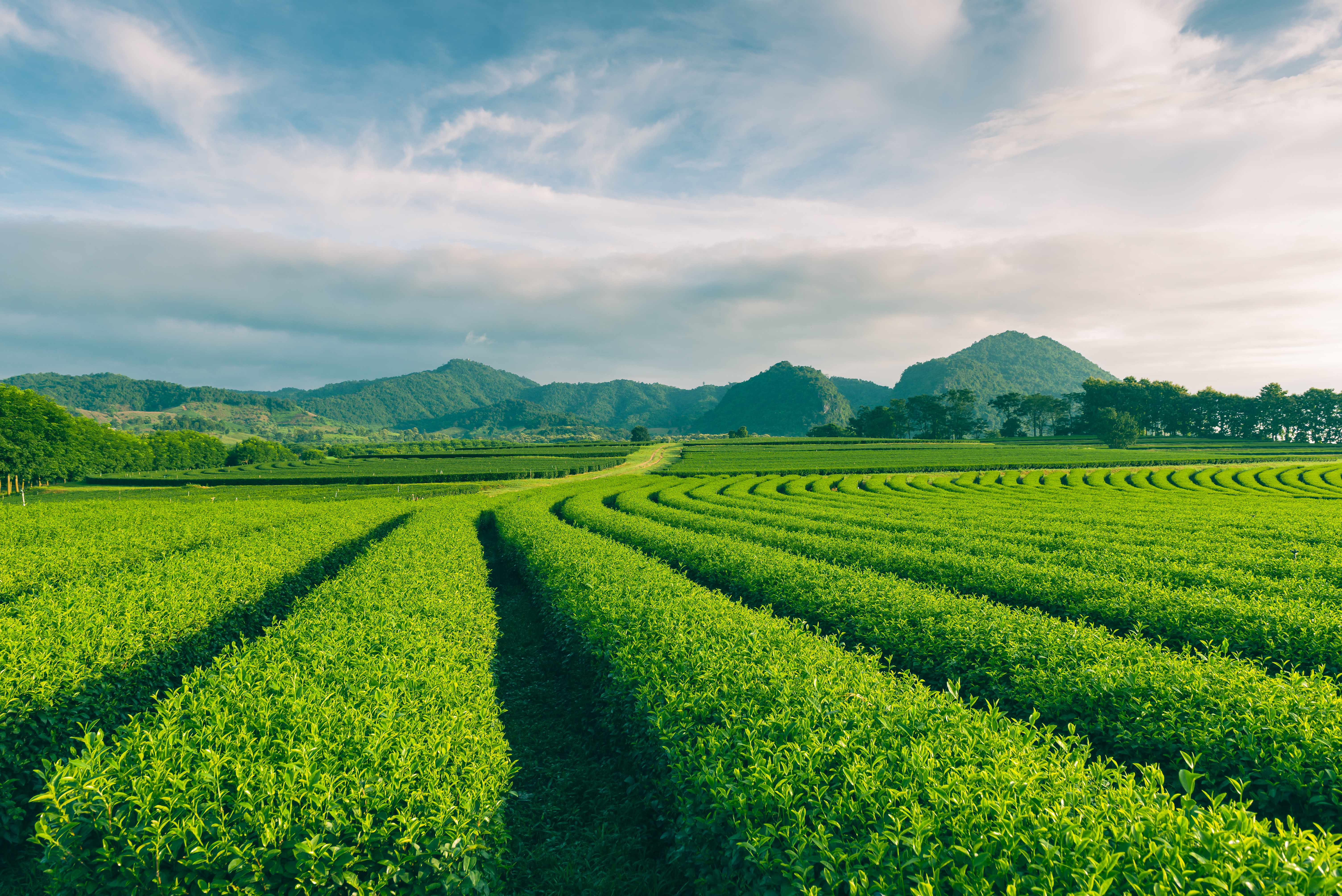Although the South Korean economy is largely based upon exports, when it comes to food security, the country is entirely dependent on imports. At present, around 70% of food is imported into Korea and this is a figure which will continue to increase as the country’s agricultural sector remains in decline. At present, food imports are focused upon ingredients and raw foods as the country’s food processing industry continues to grow, resulting in consistent demand in food and beverage industry recruitment in South Korea.
Changing markets and changes to consumer behaviour
Thanks to a combination of factors such as the growth of the Korean economy and the globalisation of consumer expectations, consumer demands concerning the convenience and quality of food and beverages tend to mirror western trends. The population of South Korea is largely urban with an increasingly well-traveled millennial generation. As such, the demand for traditional staples is declining, whilst the demand for imported meat, dairy products and global brands is steadily increasing.
Quality and price are very important to consumers in developed countries and those in South Korea are no different. As such, brand awareness is increasingly important, resulting in changes in purchasing criteria. The knock-on effect of these changes is leading consumers to choose lower-priced imported products which is, in turn, causing domestic production to fade.
The fast-paced South Korean food and beverage market is proving advantageous to overseas importers who are making the most of the country’s enthusiasm for new and ideas and trends. Furthermore, rising consumer incomes are driving demand for increasingly sophisticated and diverse food and beverage choices. However, local retailers are still establishing expertise in sourcing international products which has tended to create inefficiency, plus additional costs to supply chains. As a result we are likely to see increasing demand for the recruitment of talented individuals with expertise in supply chain management.
South Korea’s food service market
Growth in South Korea’s food service market – restaurants, fast-food restaurants, street stalls, cafes and bars – continues unabated, despite setbacks caused by the Covid-19 pandemic. So much so that growth of 3.47% is predicted for this sector during the period 2021 – 2026. As with so many countries, the pandemic had a devastating impact upon the numbers of people eating out in South Korea and resulted in a steep decline in sales. Despite this, the country saw an increase of more than 90% in online food orders during the pandemic.
A number of factors are likely to drive the food service market scenario, such as stricter hygiene and cleanliness methods put in place to counteract the negative impact of the virus upon businesses. As a result the market is likely to continue to remain fast-paced. Once again, Western influence is proving to prove important as cafes and restaurants quickly embrace new trends by adjusting their offerings to suit changing customer tastes.
Food and beverage retail sector
The food and beverage retail sector in South Korea is dominated by a handful of influential conglomerates, each of which owns a number of different types of branded outlets such as convenience stores, supermarkets, hypermarkets etc. As market leaders, they then employ importers and distributors to obtain the food and beverage products they need. Most retail trade in South Korea’s grocery sector is through hypermarkets and supermarkets which is good news for food importers, but less successful for local producers who find it hard to compete.
In addition, thanks to South Korea’s largely urban population structure, combined with its leading role in technology development, the country boasts an infrastructure which is well placed for steady levels of recruitment in food and beverage distribution and logistics.
Food and beverage recruitment consultants in South Korea
At Peak Recruitment we specialise in food and beverage industry recruitment in South Korea and throughout the Asia Pacific region. Whether you are looking for talented individuals to continue the success of your business, or are searching for a new challenge, please get in touch for details of our latest food and beverage industry vacancies in South Korea.

